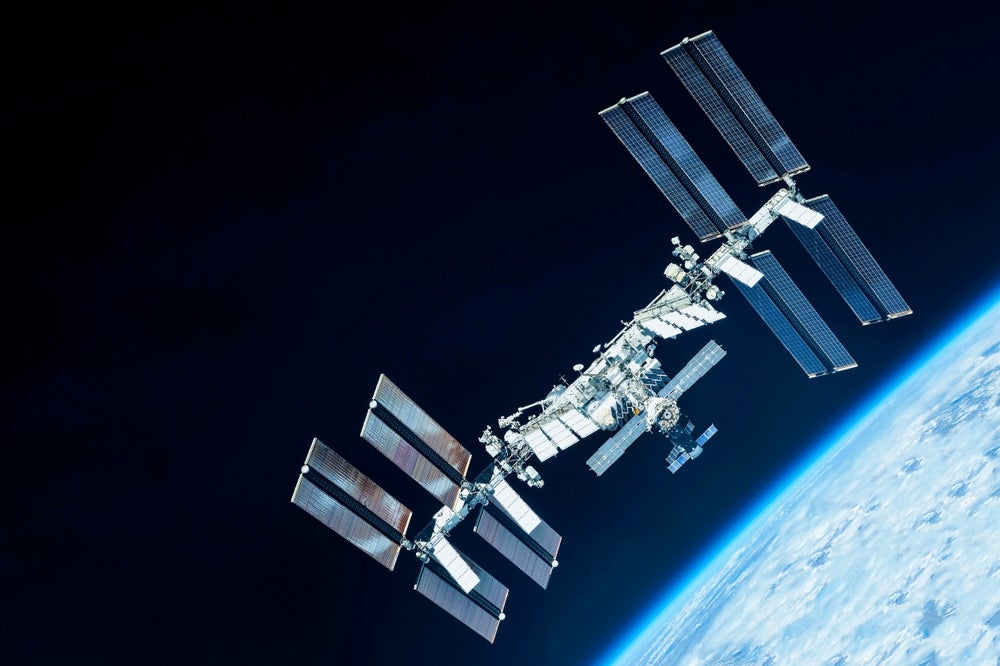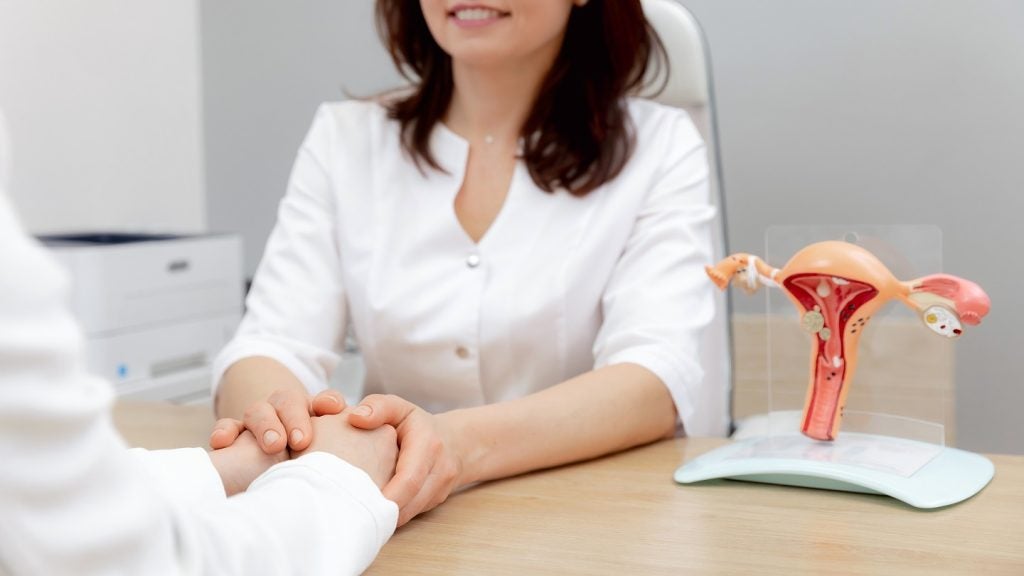Newronika has received an investigational device exemption (IDE) for its adaptive deep brain stimulation (DBS) system from the US Food and Drug Administration (FDA), allowing it to begin a pivotal trial in the US.
The trial will assess the efficacy and safety of the system in individuals with movement disorders such as Parkinson's disease.
Newronika co-founder and CEO Dr Lorenzo Rossi said: "It affirms the potential of our adaptive DBS system to fill an unmet need in the US market, bringing personalised, real-time brain stimulation to patients who need it most. Our ultimate goal is to change the paradigm for managing neurological conditions worldwide, and this IDE moves us one step closer."
Newronika's adaptive DBS solution leverages real-time feedback from patients' brain signals to optimise therapy, ensuring it is tailored to the individual’s needs.
This method is claimed to significantly “improve” patient outcomes and minimise side effects compared to conventional DBS systems.
Newronika stated that its aim to advance neurotechnology is underscored by this development, as it moves closer to commercial adoption in the US and other markets.
The upcoming pivotal trial will involve both US and clinical centres internationally and will compare the system’s performance with conventional DBS in subjects with advanced Parkinson's disease.
The company noted that the trial's outcomes are critical for obtaining regulatory approval for AlphaDBS, a closed-loop brain neuromodulation implant in the country.
The study’s principal investigator Prof Jens Volkmann said: "This pivotal trial will allow us to rigorously evaluate the benefits of real-time, patient-specific deep brain stimulation and its potential to surpass conventional DBS in symptom management.”
Newronika, a spin-off from the University of Milan and Fondazione IRCCS Ca' Granda Ospedale Maggiore Policlinico, is focusing on DBS with its adaptive platform that leverages real-time patient data to “optimise” therapy.













